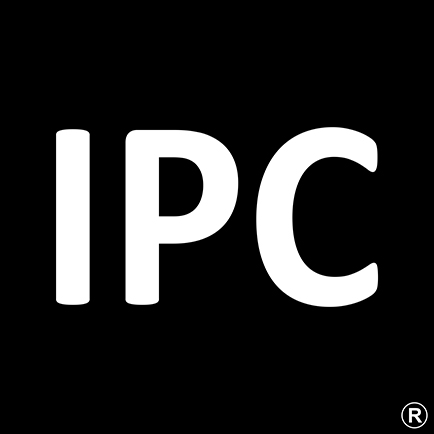The characteristics of PVC plastic pellets and their applications are the subject of numerous urban legends and science fiction. As a result, we thought we would take a moment to clarify and dispel some of the most widely held myths about PVC.
Fiction: PVC Is Not Recyclable
A popular misconception about PVC is that it is not recyclable. Where this myth started is unclear, but it is entirely unfounded. The truth is that PVC plastic can be recycled and is one of the more environmentally friendly plastics as a result.
PVC can be melted down safely with controlled and regulated temperatures and appropriate environments, which enables it to be transformed into a variety of beneficial downstream products. It can even be recycled into completely new PVC products, enabling multiple reuses. As such, many PVC manufacturers make use of recycled PVC pellets to manufacture certain products that are safe to be made from recycled materials.
Fiction: PVC Is Toxic
Another prevalent myth is that PVC contains toxic chemicals that leach into the air, water, or food products it comes into contact with. Although there is some possibility of toxic chemical release in the production of PVC if the correct processes are not followed, the actual end product of PVC pellets and products that are made from it does not have any toxicity or danger in it.
Drinking water is frequently transported using PVC pipes, and PVC compounds are frequently used in the pharmaceutical and food industries. This is because PVC is widely acknowledged to be safe and appropriate to use in certain applications that have close contact with people.
Fiction: PVC Is Not Durable
People may have formed the misconception that PVC is not resilient after witnessing rigid PVC plastic pipes crack. Though not entirely accurate, this only happens under specific circumstances, such as inferior quality of Rigid PVC compound that is used to manufacture the pipes or incorrect processing when extruding the pipes.
Actually, PVC in all of its forms is thought to be incredibly robust and highly impact and corrosion-resistant. This makes it a popular choice for piping, cable insulation, and gaskets.
PVC has the potential for a very long lifespan when manufactured, installed, and maintained properly. It can withstand even the harshest environmental conditions thanks to certain compound formulations. This makes PVC safe in a variety of applications, such as automotive, manufacturing, and construction.
Fiction: PVC Manufacturing Is Environmentally Unfriendly
Environmental harm is also frequently associated with the production of PVC. While certain additives and key ingredients could be dangerous and environmentally harmful, there are also various safe and environmentally friendly alternatives that are available on the market. It is important to ensure that the PVC compounder is ethically and morally in line with sustainability and environmental protection.
Contemporary manufacturing procedures that employ more energy-efficient production techniques keep the amount of oil used at the lower end of the spectrum. The use of substitute feedstocks like biofuels and more environmentally friendly energy sources makes this possible. In light of this, PVC production can actually be quite environmentally friendly.
Here at IPC, we manufacture a wide range of PVC plastic pellets for various applications. Contact us to find out more about our manufacturing process and to order the PVC compounds that suit your needs.


